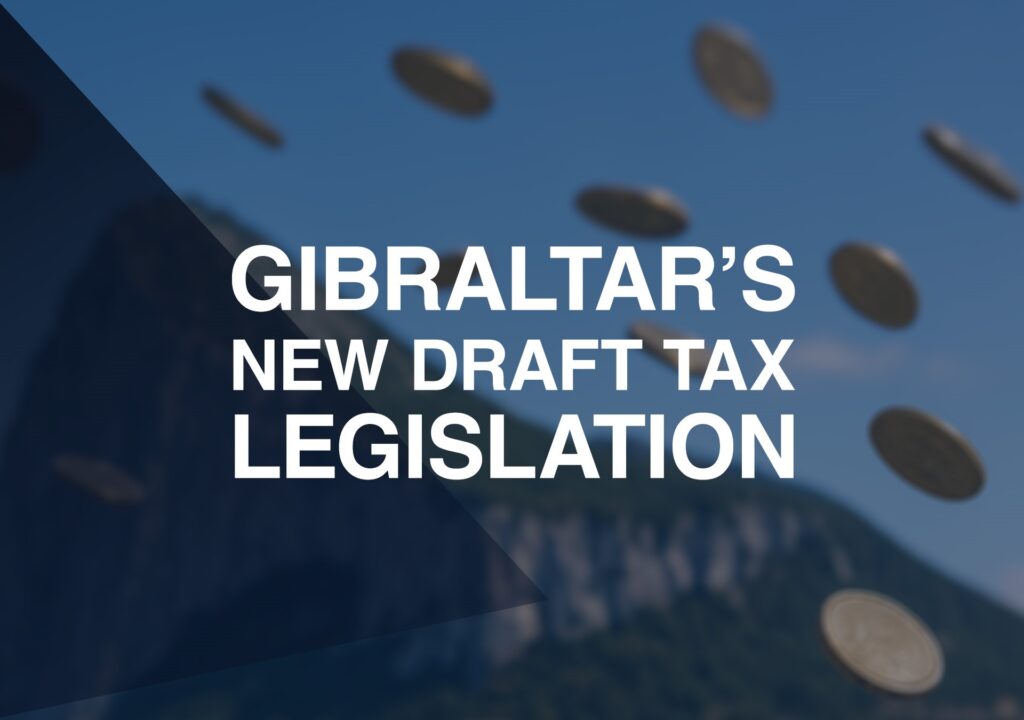Background
Last week, 136 out of 140 members of the OECD/G20 “Inclusive Framework” which represents more than 90% of global GDP and includes Gibraltar, agreed on key parameters for a new framework for international corporation tax with the aim of implementation of the new rules by 2023.
The aim of the agreement us to prevent a tax planning strategy called Base Erosion and Profit Sharing (“BEPS”). This is used by some multinational enterprises (“MNEs”) to exploit gaps and mismatches in tax rules to reduce their tax liability.
In response to the call of G20 leaders in November 2015, the OECD and G20 members established an Inclusive Framework which allows other interested countries and jurisdictions to work on an equal footing with the OECD and G20 members to deal with the BEPS issue.
Gibraltar became a member of the Inclusive Framework in July 2019. and is therefore committed to implementing the BEPS framework. As a result, MNEs based in Gibraltar, with a global turnover exceeding EUR 750 million will be subject to a minimum tax rate of 15%, instead of the current 12.5%, with the profit of these MNEs reallocated to countries worldwide.
This new framework will also see the reallocation of some taxing rights to market jurisdictions. This and the minimum tax rate are referred to as the Two Pillars.
Impact on Gibraltar
During his budget speech in which he introduced the new 12.5% rate, Chief Minister Fabian Picardo explained that if the global minimum rate mandated a minimum rate of 15% across the globe, then such change would be less troublesome if an interim rate of 12.5% was adopted. As a result the impact of the further increase will be phased and more manageable. Furthermore, by implementing the change Gibraltar is likely to gain further benefits.
Firstly, given that the 15% taxation rate will apply only to those businesses with a revenue exceeding EUR 750 million Gibraltar businesses will be unaffected so allowing them to continue to recover from the Pandemic without a further tax burden.
Secondly the revenue gained from the additional tax from the larger MNEs who will be impacted will help support the Gibraltar Government’s own financial recovery plan. With these companies unlikely to move jurisdiction because of the rise as it is being applied globally.
Finally, and in many ways the most important impact. Is that it again shows Gibraltar as a full and cooperative member of the international fiscal community so further undermining the arguments of those who, for various reasons, continue to inaccurately refer to the jurisdiction as a “tax haven”. As a result, we will continue to attract more quality businesses from both the sectors where we are already strong such as crypto, gambling, funds and insurance as well as other areas as we continue to provide a stable, well regulated and fairly but competitively taxed environment.
For more detailed information on how the two pillars work, see our fact sheet by clicking here.
For any queries pertaining to the above, or should you require any assistance in determining the implication of the rules for your business, our team of experts are happy to offer their assistance. Email ISOLAS at info@isolas.gi for more information.
Legal Disclaimer
Please note that the information and any commentary on the law or otherwise contained in this article is only intended as a general statement and is provided for information purposes and not for the purposes of providing legal advice. No action should be taken in reliance on it without specific legal advice. Every reasonable effort is made to make the information and commentary accurate and up to date, but no responsibility for its accuracy and correctness, or for any consequence of relying on it, is assumed by the author and/or ISOLAS LLP.




